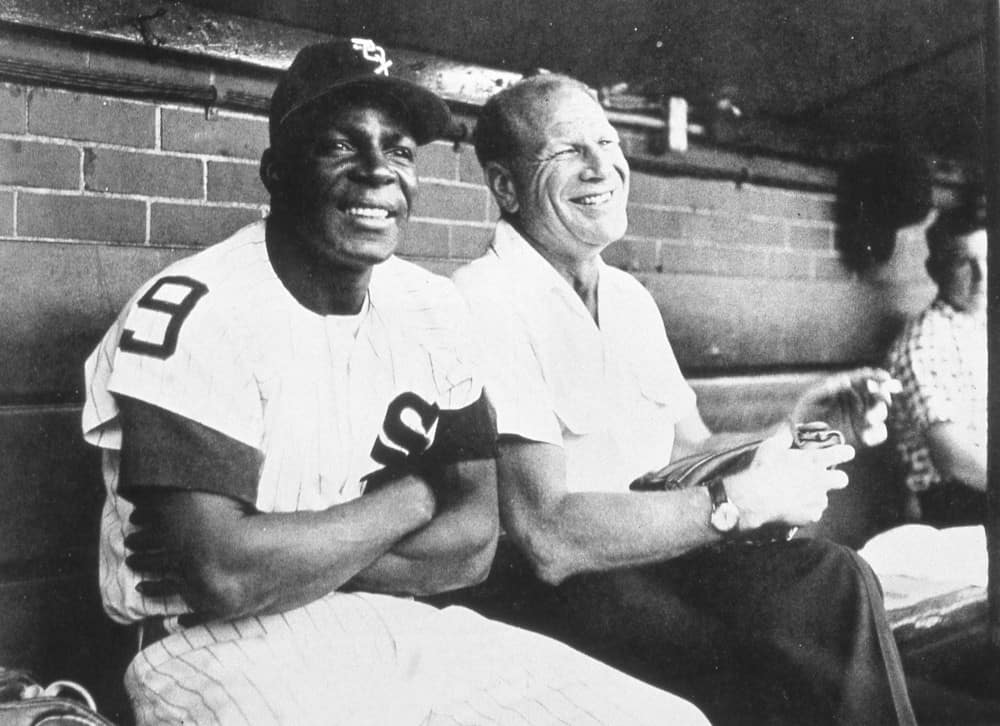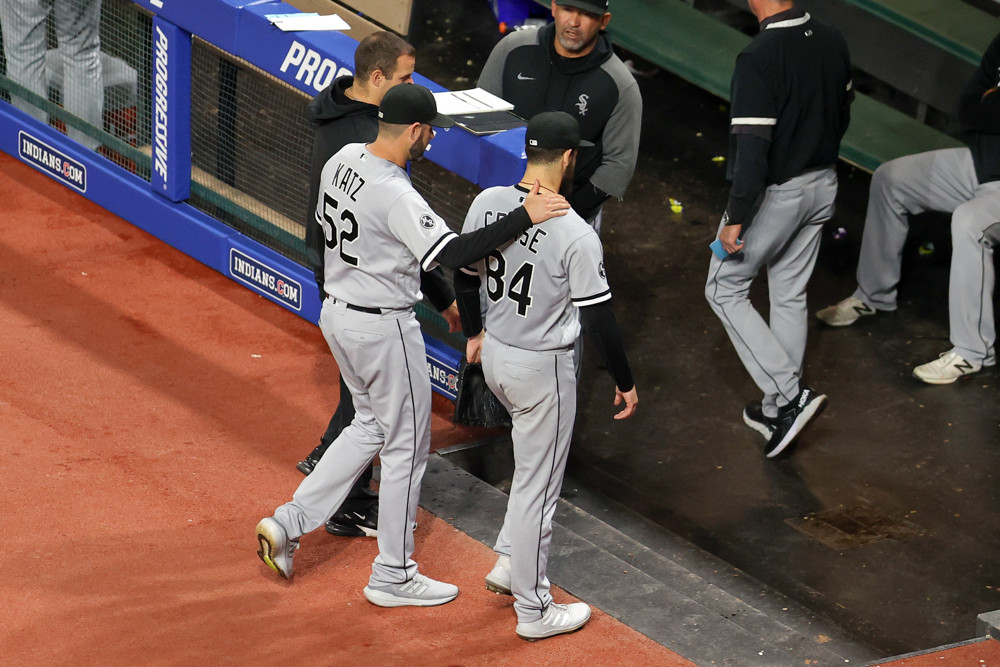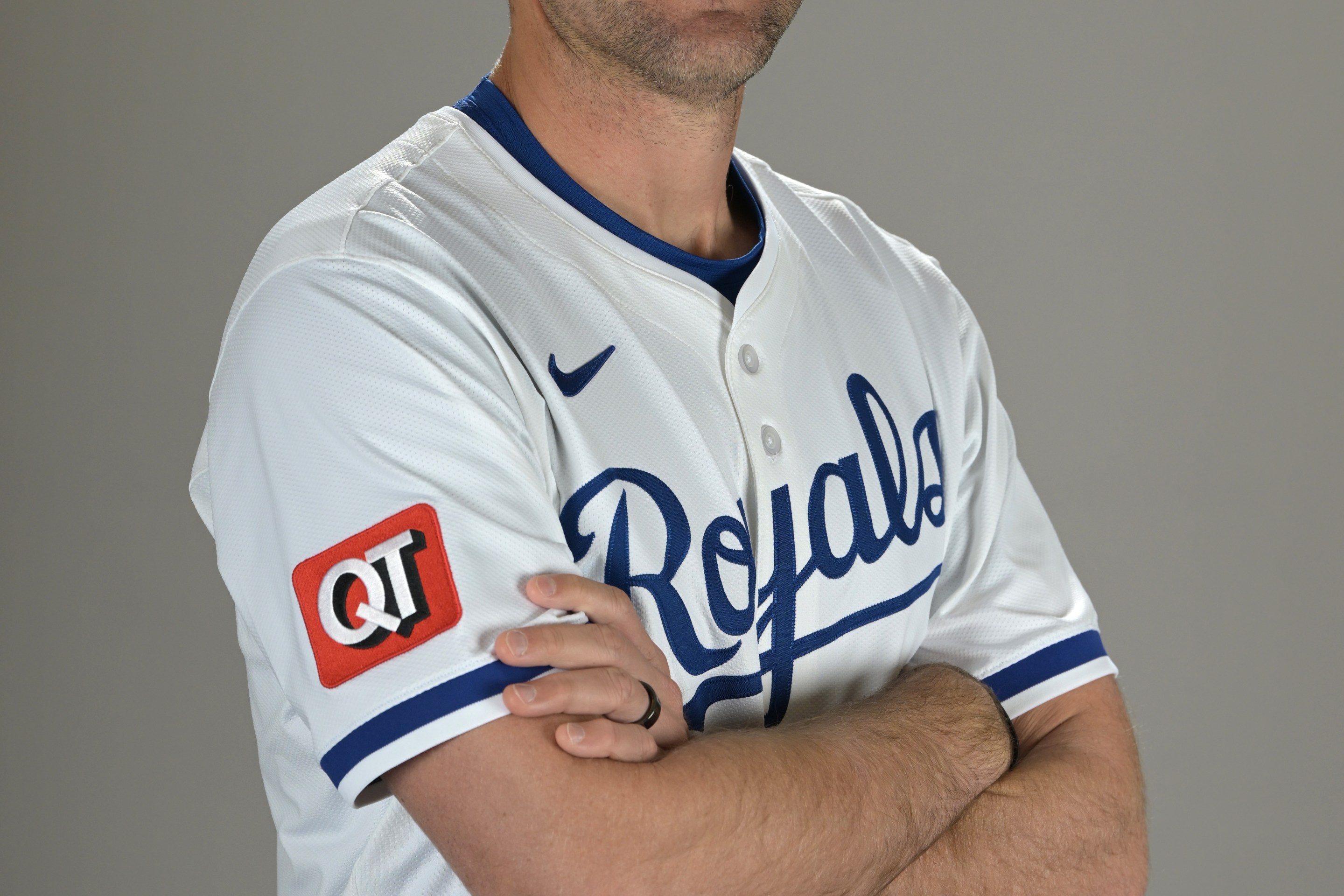Before Jose Abreu overshadowed it by signing a three-year extension with the White Sox, I was planning on writing about the six-year extension that Evan White signed with the Seattle Mariners.
It's notable and relevant because White, who signed for $24 million with three club options that can maximize the contract's worth at $55.5 million, hasn't yet played in the majors. In fact, he hasn't even played at Triple-A. White, a first baseman whom the Mariners selected 17th overall in the 2017 draft, just got done hitting .293/.350/.488 for Double-A Arkansas. Now, Seattle's first base job is his whenever he wants it because who cares about service time now?
It's a noteworthy development, but then Abreu signed and created more White Sox-specific content, so White slipped through the cracks. Fortunately, Sox Machine Supporter Brennen reminded me with this question in the P.O. Sox mailbag to bring it back to mind.
With Yolmer Sanchez gone, could we see a Nick Madrigal contract similar to Jimenez or is that too bold? Hahn is probably more set on having Robert get a similar contract considering CF is a top priority. If Madrigal doesn’t get a contract would we just simply move Garcia or Mendick to fill that position. I just feel that if we are dead set on winning this season we need to have the best lineup out there in which we expect to get the best results. Also how much does the current Kris Bryant grievance issue affect Robert and Madrigal? (You may have answered this already)
(I have covered the latter topic, but I'll return to it when Bryant's grievance is decided, which should be at some point this month.)
Getting back to White, the deal he struck strikes me as pertinent to our interests. He's just the fourth player to sign such an extension before reaching the majors, but the White Sox have one of the previous three with Eloy Jiménez, and players like Nick Madrigal and Luis Robert are in the same position as Jiménez was. Andrew Vaughn could push his way into the picture, for that matter.
A year after Jiménez gave the Sox control over the first eight years of his pro career, the White extension reinforces the idea that Jiménez did as well for himself as he could among players with no MLB experience. White's deal pales in comparison. If I were Robert or Madrigal, I wouldn't entertain an extension until spring training, assuming the Sox are entertaining the idea themselves. The absurdity of a spring roster battle when they're the clear No. 1 option is about the only leverage they have, and one that gains strength if Bryant wins his grievance.
I think Brennen is right that Robert would be the bigger victory for Rick Hahn, but I also think negotiating such a deal will prove difficult. On the White Sox's side, Robert seems more likely to produce the power numbers that can cause an arbitration trajectory to soar, and flattening that curve is the inspiration behind these early commitments. Jiménez's deal guaranteed him enough money to make the White Sox assume some degree of risk, but it's still worth doing for the team for this reason.
Jiménez's bat made him a surer bet, so maybe the White Sox wouldn't go as far in trying to lock down Robert and his shorter, more volatile track record. Even if the Sox have the confidence, Robert might not be as willing to give that edge away. He doesn't need to sign a deal like so many other plays in his position, as he already earned $26 million when he signed with the Sox. That gives him a $20 million head start over Madrigal, and about a $23 million edge over Jiménez.
Madrigal's situation looks to me like an easier one to grasp for both sides, as there should be a narrower gap between the floor and ceiling of his earning potential. For this reason, though, the White Sox may not be so inspired to negotiate an extension before he plays his first game. Fellow second baseman Scott Kingery, who is one of those four players to sign an extension before his first MLB game, hit 26 homers in the season leading up to his six-year, $24 million extension. Madrigal has a total of four homers in 163 pro games.
That's not to say Madrigal will come cheap, though. The arbitration process rewards high batting averages, which Madrigal could offer over a lot of games played. I also get the sense, based on his inscrutable what-me-worry attitude toward slow starts, lack of power and all the other doubts he's had to overcome, that he's more than willing to bet on himself. Although it may seem foolish for any player to pass up a shot at his $20 million, guys like Bryant and George Springer and Francisco Lindor and even John Danks show the virtue in such confidence.
That's just a gut feeling, and one that could easily be proven wrong in a month because, hey, that first $20 million makes sense for so many reasons. If I had to bet, though, I'd guess that both players push the White Sox to unsettling rhetorical lengths in the spring, and we'll find out how out of place such suppression looks based on how aggressive the Sox are in adding elsewhere.






